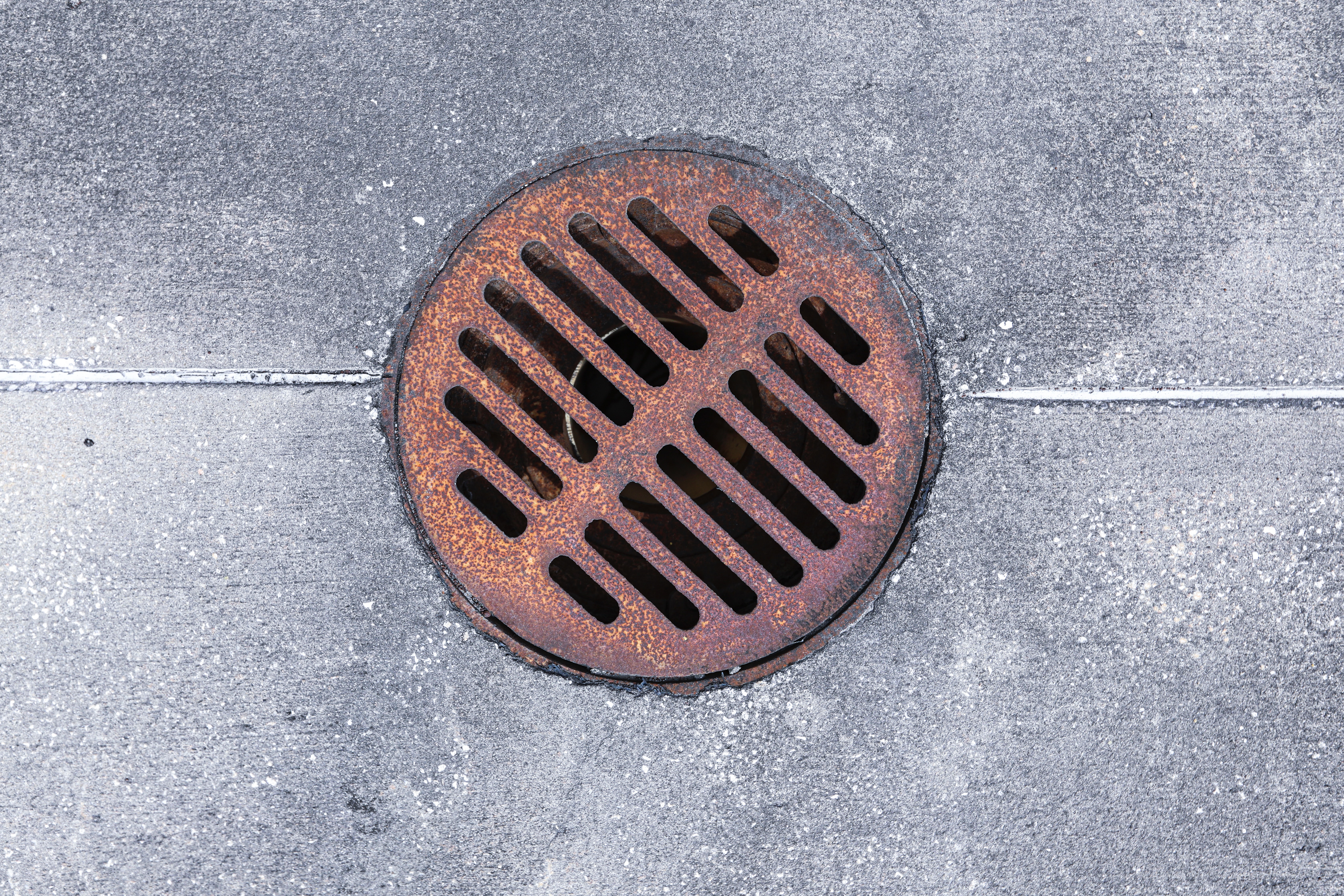News release
From:
Infectious disease: Wastewater SARS-CoV-2 monitoring reveals early variant transmission
Related documents (1)
Wastewater-based surveillance of SARS-CoV-2 genomic material can detect changes in the prevalence of known emerging variants of concern up to two weeks earlier than clinical sequencing, reports a study published in Nature. The study describes the development and implementation of a scalable wastewater sampling process that detects multiple variants at high resolution.
Previous studies have shown that measuring the concentration of SARS-CoV-2 RNA in wastewater can successfully track regional infection dynamics. Tracking virus genomic sequences in wastewater may improve estimates of prevalence and detect emerging variants at the community level. However, the potential of this monitoring method has been limited by low-quality sequence data and challenges in separating out different lineages from mixed samples. These issues are overcome with improved wastewater virus sampling and sequencing, together with a computational tool for inferring multiple lineages, implemented by Rob Knight and colleagues.
A wastewater genomic surveillance experiment was set up at the University of California San Diego (UCSD) campus from November 2020 to September 2021, a period that saw surges in the Epsilon, Alpha and Delta variants of concern. Daily samples were collected from 131 wastewater samplers covering 360 campus buildings, and the data were compared with clinical genomic data (from nasal swabs) in the local community. The wastewater genomic data detected the three major emerging variants of concern at the time earlier and more consistently than clinical samples, and identified multiple instances of virus spread not captured by clinical genomic surveillance. Further sampling of wastewater across San Diego from September 2021 to February 2022 detected the presence of the Omicron variant more than 10 days before the first clinical detection in the city.
The findings add to evidence that sampling SARS-CoV-2 genomic material in wastewater has the potential to capture community viral spread as a more cost-effective alternative to clinical testing and with less-biased abundance estimates.



 International
International



